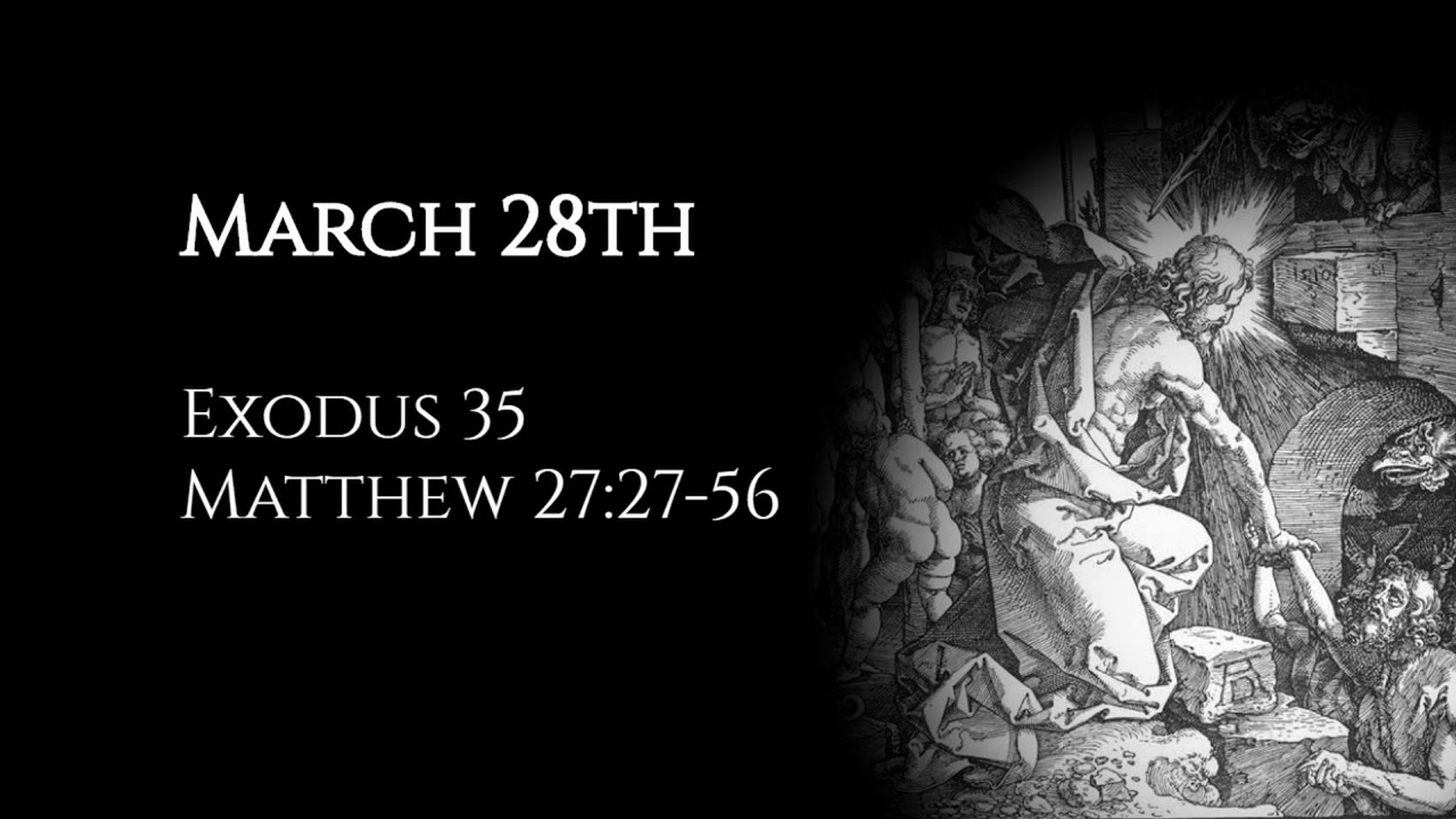March 28th: Exodus 35 & Matthew 27:27-56

Gathering materials for the tabernacle. Mocked and crucified.
Some passages referenced:
Numbers 15:32-36 (death penalty for preparing to build up a fire on the Sabbath).
Psalm 69:21 (poison and sour wine); Lamentations 3:19, 2:15 (Jesus the ruined city); Jeremiah 18:16 (the fate of Jerusalem foretold); Psalm 22:18 (casting lots for the garments); Isaiah 53:12 (numbered with the transgressors); Psalm 22:7 (those passing by wagging their heads); Psalm 22:8 (he trusted in God); Zephaniah 1:15 (the darkness of the day of the Lord); Malachi 4 (Elijah and the day of the Lord); 2 Kings 13:20-21 (Elisha’s bones reviving a dead man); Haggai 2:6 (God promising to shake the earth); Ezekiel 37 (the valley of dry bones); Matthew 8:5-13 (the faithful centurion); Luke 8:1-3 (the women who ministered to Jesus’ needs).
Reflections upon the readings from the ACNA Book of Common Prayer (http://bcp2019.anglicanchurch.net/).
If you have enjoyed my output, please tell your friends. If you are interested in supporting my videos and podcasts and my research more generally, please consider supporting my work on Patreon (https://www.patreon.com/zugzwanged), using my PayPal account (https://bit.ly/2RLaUcB), or by buying books for my research on Amazon (https://www.amazon.co.uk/hz/wishlist/ls/36WVSWCK4X33O?ref_=wl_share).
The audio of all of my videos is available on my Soundcloud account: https://soundcloud.com/alastairadversaria. You can also listen to the audio of these episodes on iTunes: https://itunes.apple.com/gb/podcast/alastairs-adversaria/id1416351035?mt=2.
More From Alastair Roberts
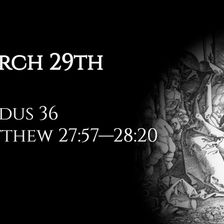
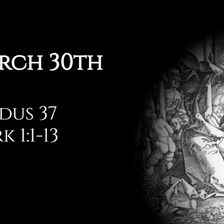
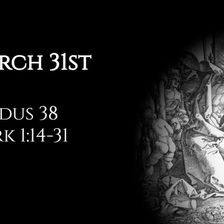
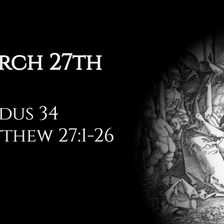
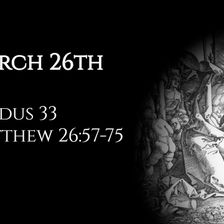
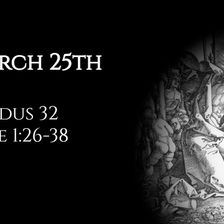
More on OpenTheo















